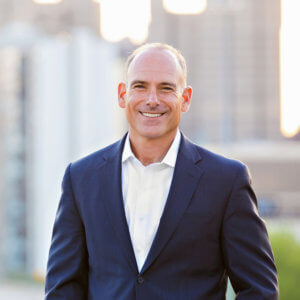Snooze You Lose?
How much sleep did you get last night? It might be of interest to your employer.
Whenever private behavior has bottom line consequences, employers delve in. Witness work-sponsored programs to lose weight, stop smoking, start exercising, and now: ensuring a good night’s sleep.
Your over-caffeinated colleague might be awake, but not firing on all neurons. Specifically, the neurons not firing are in the prefrontal cortex, where judgment and decision-making abilities reside. Ironically, that might explain why some (sleep-deprived) leaders are slow to join the pro-sleep movement. It seems sleep-deprived individuals deny any effects in the same way someone who’s inebriated doesn’t believe alcohol impairs. Hence impossible claims continue: “I don’t need sleep,&rrdquo; and “I’m doing fine on five hours.”
In a recent McKinsey survey of 196 business leaders almost half said lack of sleep doesn’t affect leadership performance. Interestingly, about half said they didn’t get enough sleep…
Meanwhile, what the other half might know is that sleep has knocked out nutrition, supplements and drugs to reign supreme as “the most powerful performance enhancer known to humankind,” according to sleep physiologist Dr. Guy Meadows.
We’ve long said talent is the only true competitive advantage. Perhaps it’s time to distinguish even further: well-rested top talent.
Sleep-savvy leaders are taking steps to ensure rest receives its due measure of organizational respect and support. In next month’s Handler Report, we’ll highlight what leading companies are doing to enhance performance when the lights are out.
Additional Resources: Click here to watch Aetna’s CEO explain the company’s pay-for-sleep program in the first 3 minutes of this 6-minute interview.
 Written by:
Written by: 